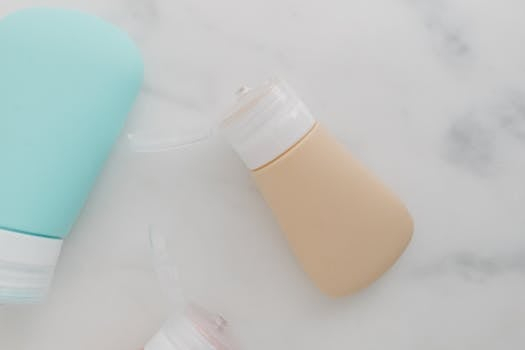Reusable Containers and Beeswax Wraps: Cutting Down on Plastic
Welcome to the world of sustainability, where the buzzword “plastic-free” is making its rounds and becoming a lifestyle for many. In recent years, people have become more conscious of the impact plastic has on the environment and are taking steps towards reducing their plastic consumption. From reusable bags and straws to bamboo toothbrushes, there are many alternatives to single-use plastic products. However, two of the most popular and effective solutions for cutting down on plastic are reusable containers and beeswax wraps. Let’s explore how these simple yet innovative products are making a big difference in our efforts to create a more sustainable world.
Reusable Containers: The Versatile Solution
With the rise of takeout and food delivery services, the demand for single-use plastic containers has also increased. These containers, often made from polystyrene foam, are not biodegradable and can take hundreds of years to decompose. This creates a major threat to our environment, as more and more of these containers end up in landfills and oceans.
Enter reusable containers – a convenient and sustainable solution to this plastic problem. These containers are usually made from durable materials like glass, stainless steel, or BPA-free plastic, making them long-lasting and safe for multiple uses. They come in various sizes, shapes, and designs, making them suitable for a wide range of uses – from storing leftovers to packing lunches and snacks.
One of the major advantages of reusable containers is their versatility. They can be used not only for food but also for storing household items, organizing your fridge and pantry, or even as travel containers. Plus, they are easy to clean and often dishwasher safe, making them a practical and hassle-free option for everyday use.
The Environmental Impact
According to the United Nations, about 8 million tons of plastic waste get dumped into the oceans every year. This has a devastating impact on marine life and ecosystems, as well as on our health. By choosing to use reusable containers instead of single-use plastic ones, we can significantly reduce the amount of plastic waste entering our oceans and environment.
In addition, the production of plastic requires the use of fossil fuels, which contribute to air and water pollution. By reducing our plastic consumption, we can also reduce our carbon footprint and help combat climate change.
Beeswax Wraps: A Natural Alternative
Another innovative and eco-friendly solution to plastic waste is beeswax wraps. Made from cotton fabric coated with beeswax, jojoba oil, and tree resin, these wraps are a sustainable and biodegradable alternative to plastic food wraps and bags.
Beeswax has natural antibacterial and antifungal properties, making it an ideal material for food storage. It also has a low melting point, allowing the wraps to easily conform to the shape of whatever food item it is covering, creating an airtight seal.
Beeswax wraps are suitable for wrapping fruits and vegetables, cheese, bread, and other food items. They can also be used to cover bowls or plates, making them a versatile replacement for plastic wrap.
The Advantages of Beeswax Wraps
One of the biggest advantages of beeswax wraps is their reusability. They can be used multiple times before needing to be replaced, making them a cost-effective and sustainable choice. And when they do reach the end of their lifespan, they can simply be composted, leaving no harmful residue in the environment.
Furthermore, beeswax wraps come in various sizes and patterns, adding a touch of style to your kitchen while also reducing your plastic use. They are also a great alternative for those with allergies or sensitivities to plastic-based food wraps.
Make a Difference, One Small Step at a Time
Switching to reusable containers and beeswax wraps may seem like a small step, but it can have a big impact on the environment. It also encourages us to be more mindful of our daily habits and consumption patterns.
When it comes to living sustainably, every small change counts. By choosing to cut down on plastic in our daily lives, we are not only reducing waste and pollution, but also promoting a healthier planet for future generations. So, let’s all do our part to create a greener, cleaner, and plastic-free world.










